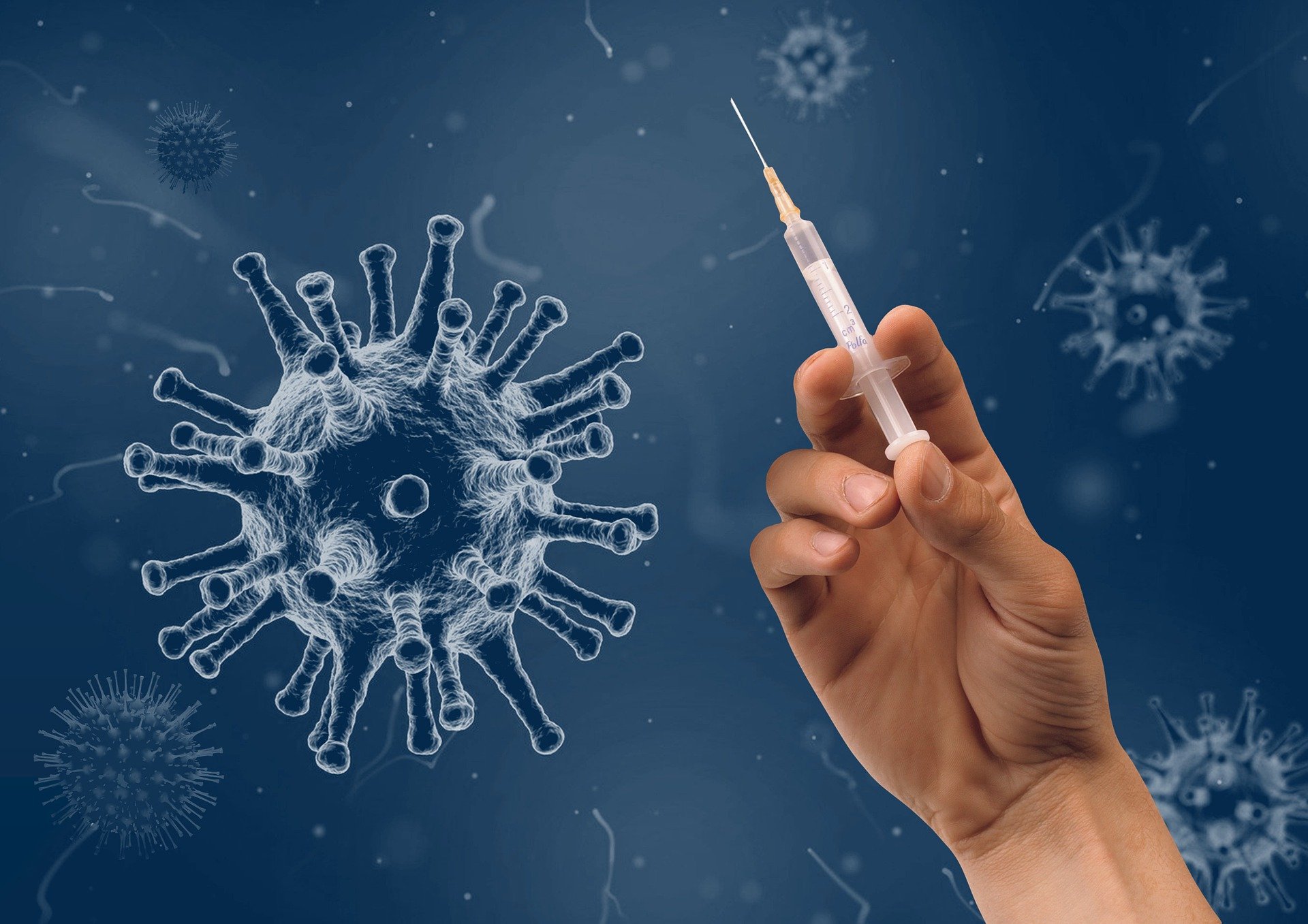Mastering COVID-19 Vaccine Messaging

The COVID-19 pandemic has had an unprecedented impact on the United States and the world, with extraordinary human tragedy and economic disruption. Since March 2, 2020, nearly 400,000 people in the United States have died of COVID-19 and more than 21 million cases have been identified. Over the next month, an estimated 820,000 to two million new cases are projected in the U.S.
As COVID-19 cases continue to surge, the FDA’s authorization of the Pfizer and Moderna vaccines is a critical step towards immobilizing the spread of COVID-19. But ensuring a critical mass of people are vaccinated is essential in bringing an end to the pandemic.
According to a recent JAMA article, the share of U.S. adults who say they are somewhat or very likely to seek COVID-19 vaccination fell from 74% to 56% from April to December 2020. Though the most recent Pew Research Center survey shows that intent to vaccinate has increased to 60%, nearly 40% of respondents say they definitely or probably would not get the vaccine. Additional surveys indicate some people who stated an unwillingness to get the COVID-19 vaccine are anti-vaccination generally and some who are concerned about the COVID-19 in particular. This highlights a major issue in understanding vaccination hesitancy — many people who are COVID-19 vaccine-hesitant might be experiencing this reluctance for the first time. In an op-ed published in leapsmag, Research!America’s Vice President of Strategy and Communications Jenny Luray says that “(I)t’s possible vaccines will remain in refrigerators and not be delivered to the arms of rolled-up sleeves if we don’t quickly ramp up vaccine confidence.”
A recent webinar hosted by the Kavli Foundation-funded Society Civic Science Initiative and the Center for Public Interest Communications at the University of Florida featured experts in science communication who discussed the principles of effective COVID-19 vaccine communication. Their research is detailed in Guide to COVID-19 Vaccine Communications, a helpful resource for clinicians, public health advocates, community leaders, politicians, and others. While they encouraged the audience to use their knowledge, platforms, and networks to share information about the safety, efficacy, and importance of vaccination, they emphasized: “information alone is not enough.” The right messaging is critical.
According to the Guide to COVID-19 Vaccine Communications, success requires building trust with individuals and communities, tailoring timing, emotion, and ideological frameworks to inspire action and appeal to personal values. Although it may be tempting to use fear and shame as tactics, the speakers cautioned that this approach may backfire and even bolster vaccine hesitancy.
As advocates for public health, medical progress, and scientific research, we are eager to bolster COVID-19 vaccination efforts and improve public trust in vaccines. Whether we are talking to family, neighbors, our patients, or the broader community, knowing how to tailor our messaging is critical to ushering an end to the pandemic. The Guide to COVID-19 Vaccine Communications is an important resource.




